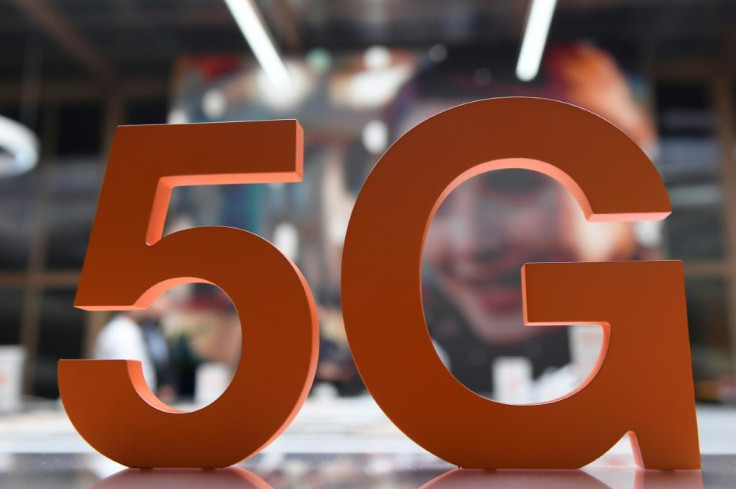UK Government announces £150 million investment into new Wireless Infrastructure Strategy
As part of its Wireless Infrastructure Strategy, the UK government has announced an investment package worth £150 million with commitments to 5G adoption and the development of 6G that will boast digital connectivity across the country.

On the 11th of April, UK Technology Secretary Michelle Donelan announced the government's investment plan intended to boost UK-wide digital connectivity. The investment plan is part of the government's Wireless Infrastructure Strategy, which aims to deliver "the benefits of improved connectivity" to all across the UK according to Donelan.
The strategy is part of the government's approach to generating growth in the UK economy, a key objective of the PM, Rishi Sunak. In March, Chancellor Jeremy Hunt presented the government's Spring Budget, with official forecasts predicting the UK would avoid recession this year. The announcement of the investment plan also comes after a recent report by Tech Nation estimated the potential value of the UK Tech ecosystem to be $4 trillion by 2032 with the right approach and conditions.
Donelan claims that the government's new telecoms investment package will help catalyse the UK's progression to the status of a "science and tech superpower". The total investment package is worth £150 million and is intended to place the UK at the cutting edge of future telecom technologies.
The government is aiming to achieve widespread 5G adoption across the UK as part of its plans to improve the nation's wireless infrastructure. Specifically, they intend standalone 5G (5G plus) to be available to all populated areas across the country by 2030. Currently, standalone 5G is available to 77 per cent of the population by one provider.
As well as pledging a "£40 million 5G innovation fund" that encourages adoption and investment in 5G amongst the private and public sector, up to £100 million is set to go to early-stage 6G research. This is part of "a new long-term national mission" to put the UK at the "forefront" of 6G development and adoption. Whilst it is yet to be used, 6G represents the next level of potential digital connectivity.
The government also aims to deliver high-speed broadband for up to 35,000 remote properties across the UK, committing £8 million to do the job.
How are businesses responding?
Hamish MacLeod, Chief Executive of Mobile UK, has welcomed the government's Wireless Infrastructure Strategy, explaining how a framework that incentivises investment is key.
Julian David, CEO of techUK, has also welcomed the strategy, referring to the importance of wireless infrastructure "for productivity, growth, prosperity and net zero goals." He explains how techUK is keen to work alongside the government to increase "the adoption and take up of telecoms services."
Katherine Ainley, CEO of Ericsson UK & Ireland, has said the government's Wireless Infrastructure Strategy show "recognition of the huge economic opportunities offered by advancing mobile connectivity across the country."
The government is optimistic about the investment
The government claim that the objectives of economic growth, higher paid jobs, and UK-wide opportunities can only be achieved "with world-class digital infrastructure", with advanced wireless connectivity a key requirement for a more prosperous economy. In order to achieve these objectives, the Wireless Infrastructure Strategy sets out an agenda of joint action between industry and government. Moreover, the expected "cumulative productivity benefit" of mass 5G adoption is estimated by the government to be £159 billion by 2035.
However, whilst the UK looks ahead to 5G adoption, the government explains the continued but "diminishing" importance of 4G for digital connectivity across the UK. As well as the plan to deliver standalone 5G to all populated areas by 2030, the £40 million committed to driving the take up of 5G services, and the investment pledged for 6G research, the Wireless infrastructure plan also aims to give 4G access to 95 per cent of the UK landmass by 2025. According to the government, progress towards this objective is at 92 per cent.
Moreover, future telecoms are identified by the government as one of five "critical technologies" in its science and technology framework. The others include artificial intelligence, engineering biology, semiconductors, and quantum technologies. In the framework, the government coveys the importance of these technologies for the UK's future competitiveness in the international system, outlining the intention to create the conditions necessary for their development across the UK, intervening in markets where it deems it necessary to do so.
© Copyright IBTimes 2025. All rights reserved.





















